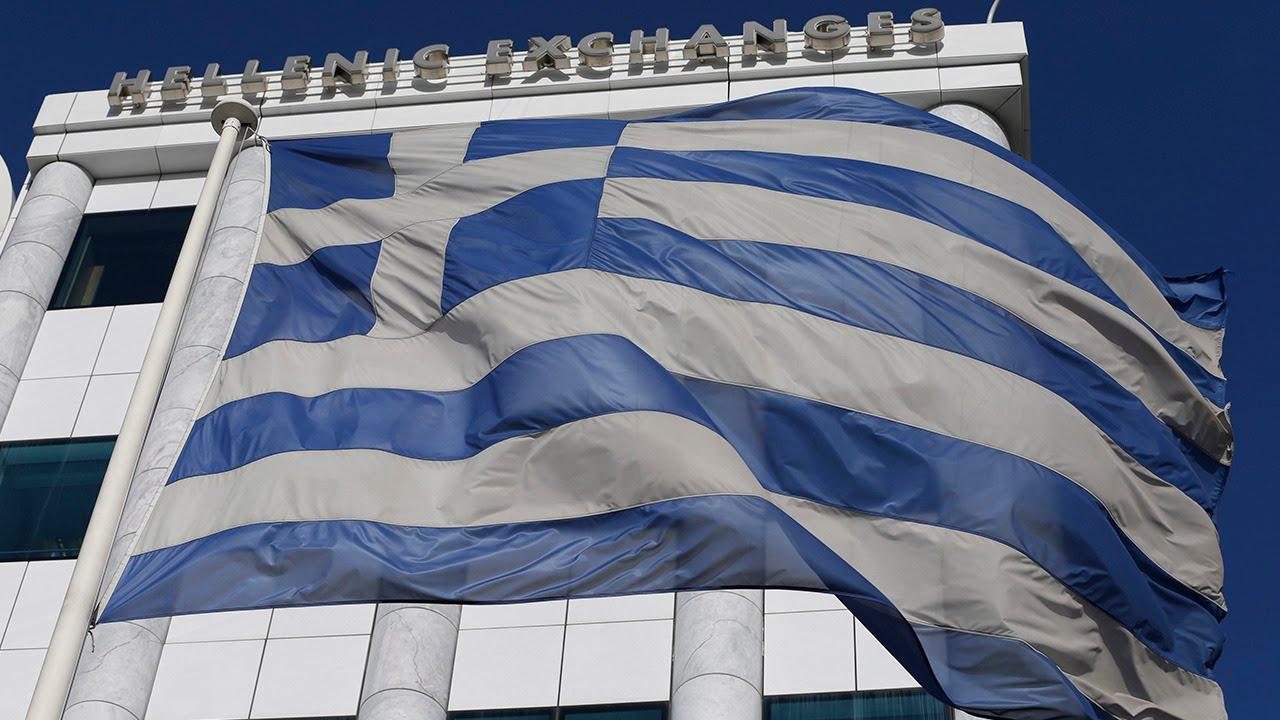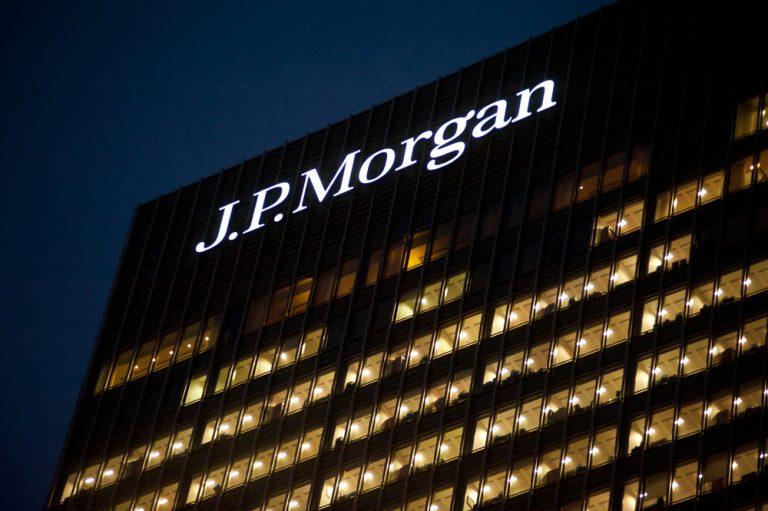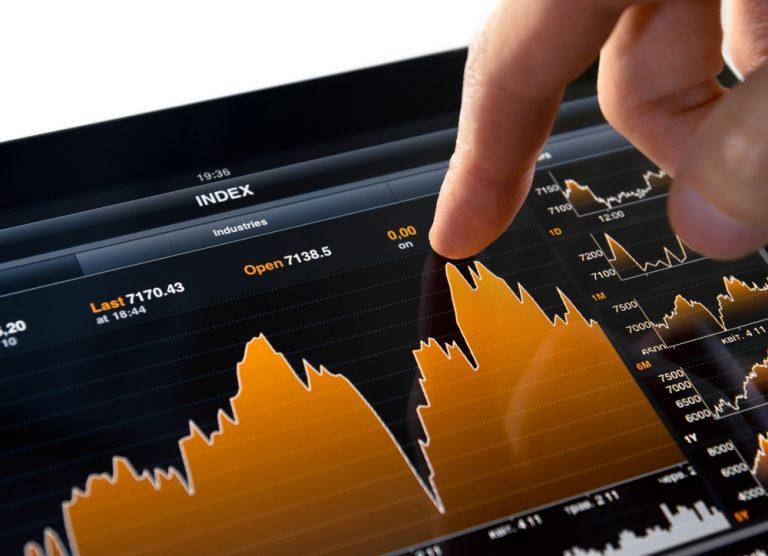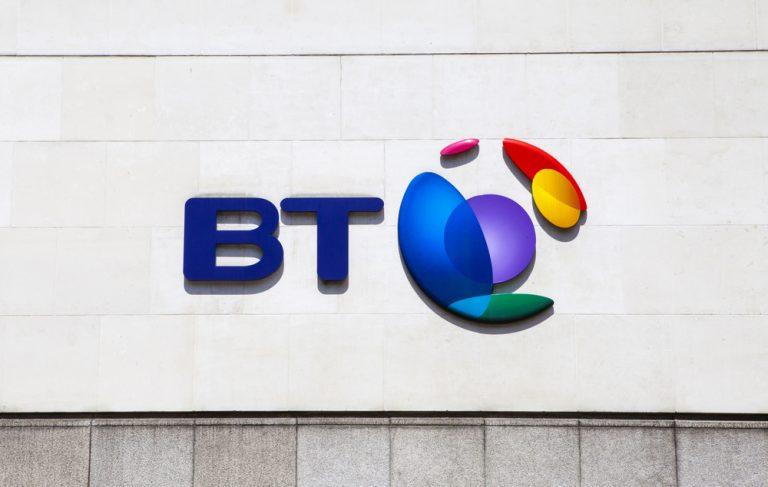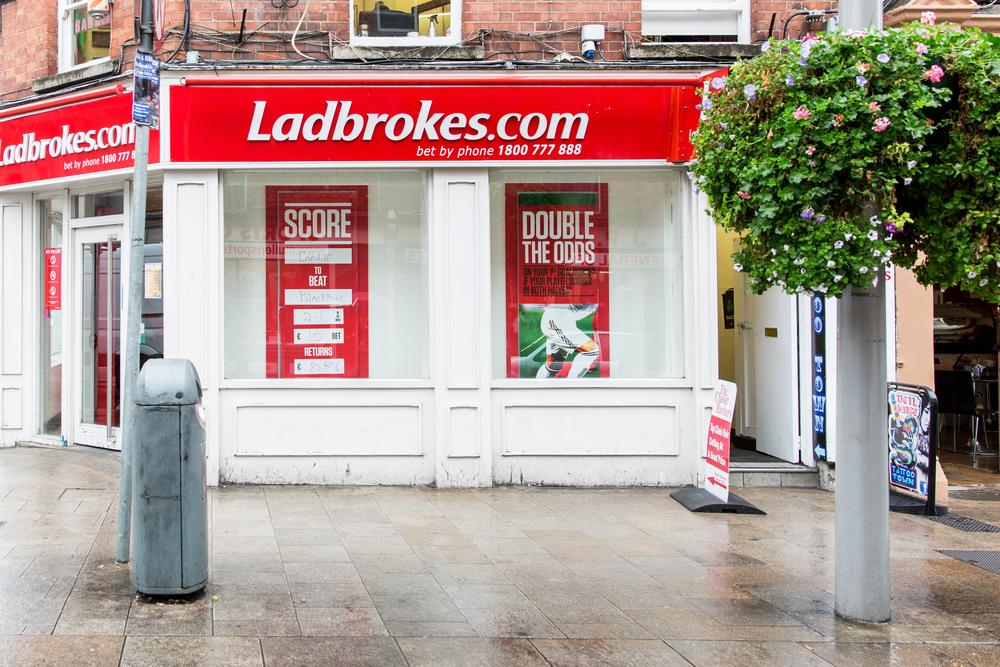Innovative skiwear brand Planks Clothing is seeking a £100,000 venture debt, payable at an APR of 15 percent to manufacture and purchase stock ahead of the next ski season.
They are the first company to use
Crowd2Fund’s new venture debt product which allows early stage high growth revenue businesses to access short term project finance.
The company first began trading in 2009, and was started by Jim Adlington, a former professional skier whose work has taken him all over the world. He was inspired to start Planks when he noticed that the increasing popularity of free-skiing – a type of skiing akin to extreme sports – created the opportunity for a brand to capitalise on the changing reputation of the sport.
The philosophy of the company is comes from a collective passion for skiing, alongside creative functional high quality products, which have a broad appeal to a wide range of consumers who love the mountains. This is perhaps best summed up by the slogan of the company, which is “Drop cliffs not bombs.”
Adlington said, “At Planks, we feel very fortunate for every moment we get to spend in the mountains. Skiing can provide an amazing sense of freedom & creativity. It allows us to express ourselves in any way we like – how we ski, where we go, who we’re with & what we wear.
Planks Clothing is available to purchase through the company’s website and through a range of Planks retail units in key ski resorts in France, such as Morzine, La Plagne and Meribel. Additionally, the product range is available to purchase at third party retailers globally; in Europe, North America and Australasia.”
The Crowd2Fund venture debt loan will allow the company to procure stock for the next ski season ahead of time, with follow on revenues from the new lines allowing the company to pay back the loan.
This will help the business achieve their long term aim of continuing to achieve growth, entering new markets and sports, whilst enhancing company wide efforts to become more conscious about Planks’ impact on the planet by taking a lead on sustainable production.
The company have chosen to raise venture debt on Crowd2Fund due to its ease of use and flexibility, neither of which are provided by traditional finance institutions.
Adlington says, “Crowd2Fund fills a gap in the market that the banking sector is currently unable to meet by providing debt, or short term financing to small businesses. For businesses like Planks that have an annual working capital cycle this provides a great, flexible solution to short term financing needs.”
For more information on the campaign and how to get involved,
visit their campaign page here.

